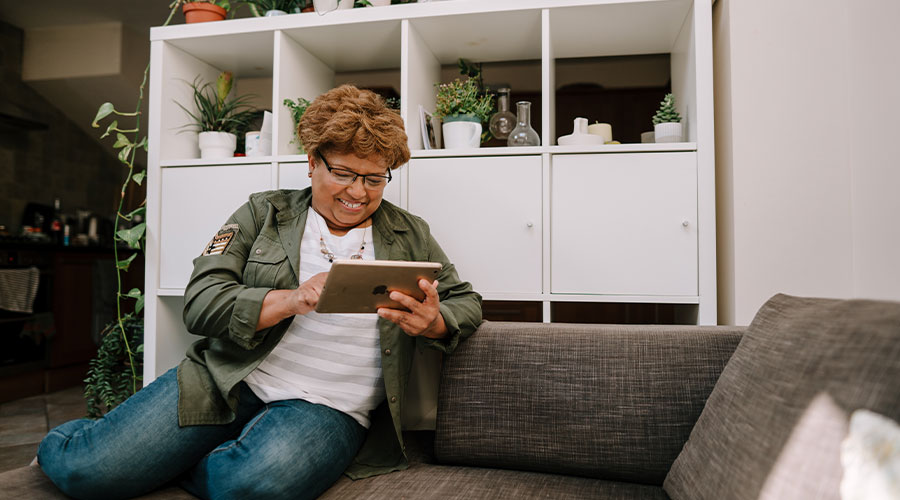- A
- A
- A
Chaplaincy Volunteers
We need you to provide one-to-one support, offering a listening ear to our residents, their families and our colleagues.
Are you a person of faith who wants to share your spiritual gifts with older people? Do you want to make a difference in the lives of older people in your community? If so, you might be interested in becoming a volunteer chaplain for MHA.
As a volunteer chaplain, you will provide one-to-one support, comfort, and a listening ear to our residents, their families, and our colleagues. You will also assist with any religious duties, such as praying, reading scripture, and engaging in conversation. You will be part of our dedicated chaplaincy service across all our care homes, which is one of the unique features of MHA.
By volunteering as a chaplain, you will not only help nurture the mind, body, and spirit of older people, but also enrich your own life with new experiences and friendships. You will also gain valuable skills and knowledge that can enhance your personal and professional development.
Though previous experience is desirable, the right approach and willingness to undertake full training is far more important to us. You will be part of a team that believes in respecting every resident as a unique individual, treating them with the dignity you would wish for yourself.
Frequently Asked Questions (FAQs)
Chaplaincy is a service that provides spiritual and pastoral care to older people, their families, and MHA colleagues. Chaplains are people of faith who offer one-to-one support, comfort, and a listening ear to anyone who needs it.
Chaplaincy can help nurture the mind, body, and spirit of older people, especially those who may be facing challenges such as loneliness, illness, or bereavement. Chaplaincy can also enhance the wellbeing and resilience of MHA colleagues who work in demanding and rewarding roles.
- Are aged 18 and over
- Good listening skills
- Patience, empathy, and understanding of the needs of older people
- Ability to keep records of visits made
- Flexible, reliable, and punctual
- A clear sense of personal boundaries and confidentiality
- Able to provide non-judgemental support
- Engage with training and development.
You can apply online by filling out a short application form. You will also need to complete a DBS check and attend an induction training session before you start your role. Our Volunteering Team will guide you through the application prcoess and be on-hand to answer any questions you may have.
Our befrienders are matched with someone taking into account the needs and interests of the older person. Befrienders will then be introduced to the person they are going to support and the whole process is overseen by a local MHA Communities scheme or our Central Befriending team who will be there to help and support both the volunteer and the older person every step of the way.
Befriending can be flexible depending on the needs of the older person but usually, a regular time and day would be agreed on at least initially. Often but not always, visits and/or phone calls occur weekly.
The time commitment varies depending on the needs of the MHA location you are matched with and your availability. Generally, MHA asks for a minimum of one hour per week for at least six months.
You will receive ongoing support and guidance from a local coordinator who will match you with an MHA location, monitor your progress, and provide feedback. You will also have access to online resources, training opportunities, and peer support from other volunteers.

Subscribe To Our Newsletter
Keep in touch with our latest news, updates and how you can get involved to support MHA.
Sign Up